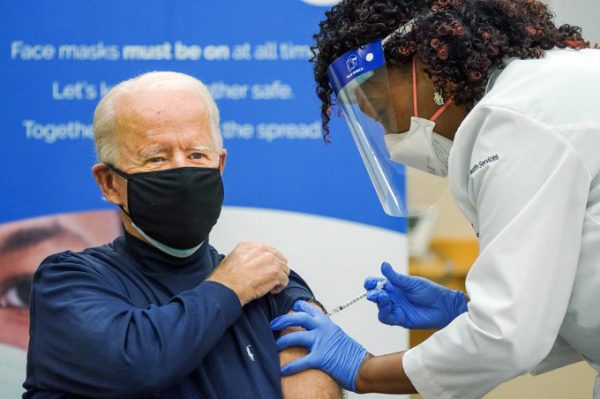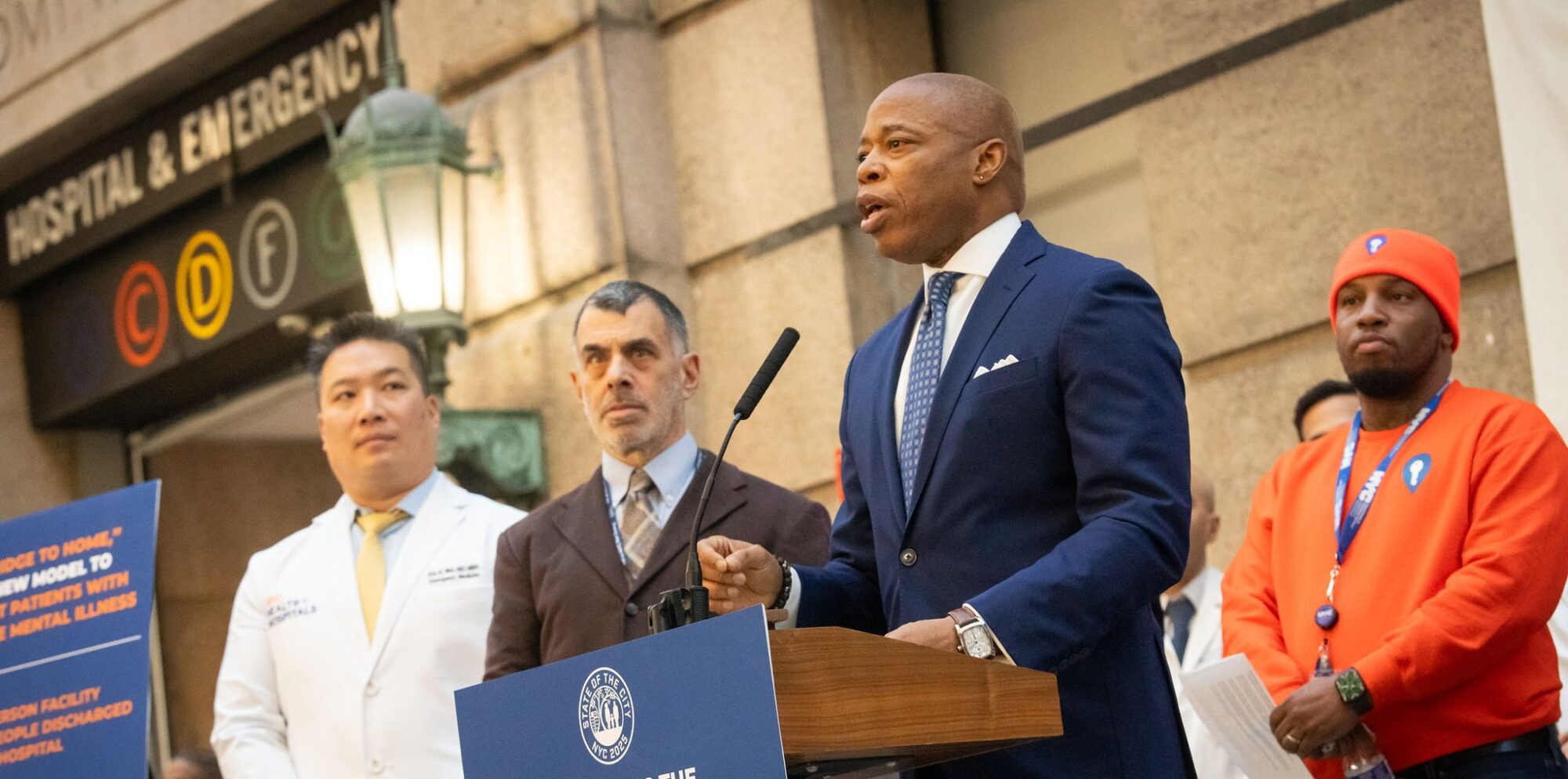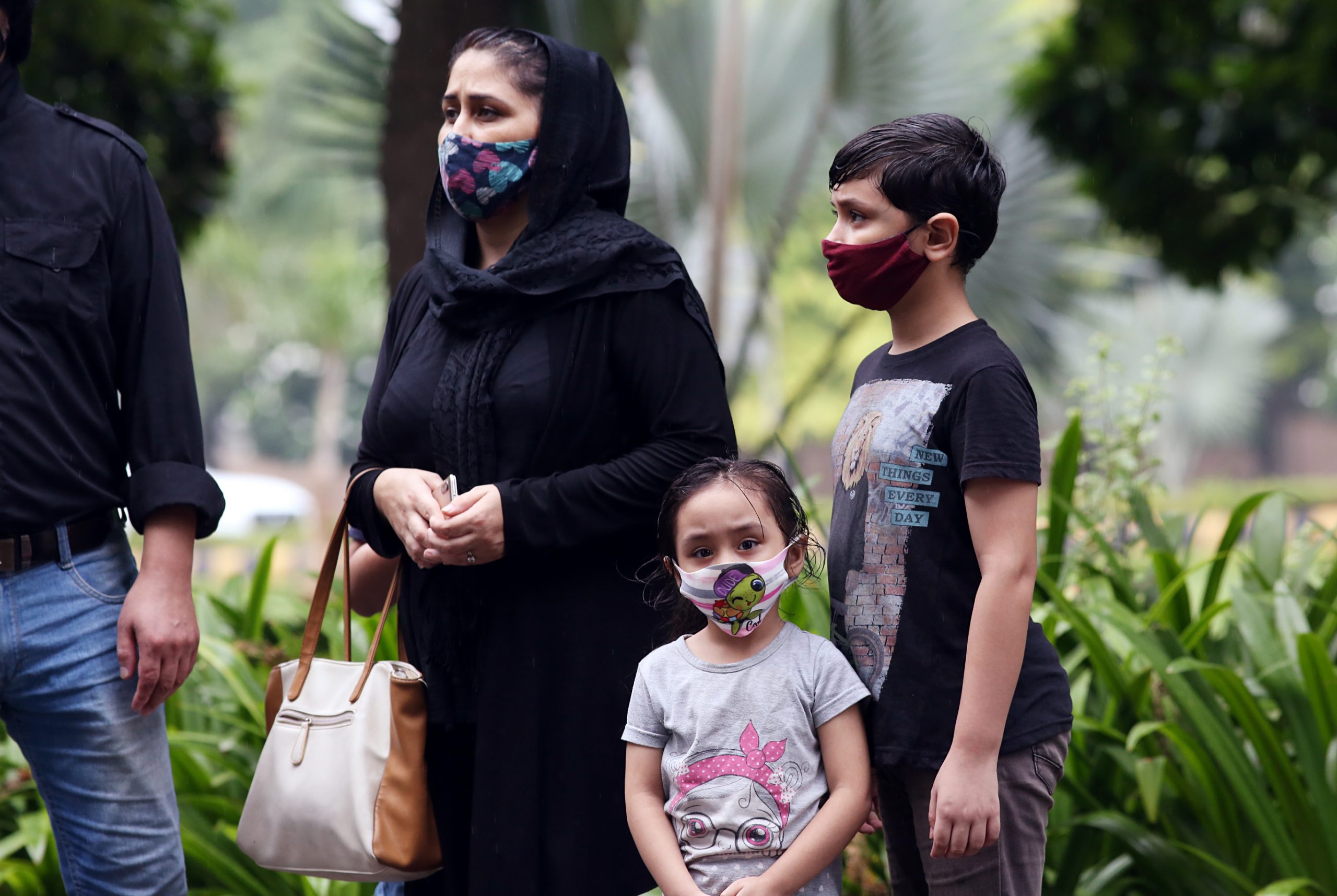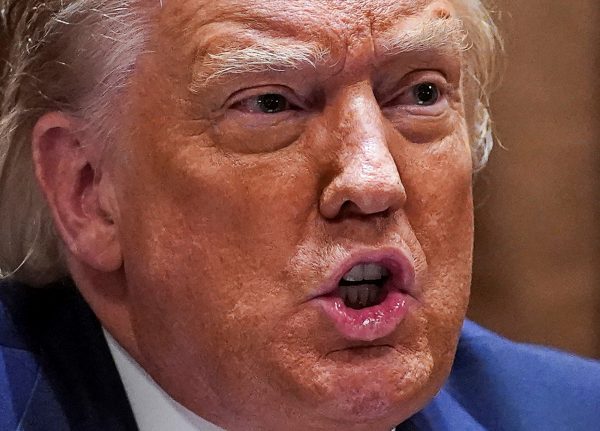Rajeesh Kumar
Vaccine hoarding is likely to prolong the COVID-19 pandemic, and result in greater economic and social damage. Instead, a multilateral cooperative effort to vaccinate vulnerable people globally on a priority basis, is in every nations’ self-interest. India could play a vital role in ensuring multilateral cooperation for equitable distribution of vaccines.
With the announcement of multiple COVID-19 vaccines by various developers, there is increasing optimism about controlling the coronavirus pandemic that has killed more than 1.8 million people worldwide over the past year. Many nations, including the US, Canada, UK, China, Israel and Russia, have already approved vaccines and started vaccination drives. India has also initiated its vaccine dry-runs and is likely to begin the vaccination campaign in 2021. While the world is finally seeing the light at the end of the COVID-19 tunnel, vaccine nationalism relating to the distribution of COVID-19 vaccines is emerging as a major worry.
Vaccine nationalism is the ‘my nation first’ approach in securing and stockpiling vaccines before they are made available in other countries. This is done through pre-purchase contracts between governments and pharmaceutical companies. Wealthy nations such as the US, UK, Japan, and the EU have spent billions of dollars on deals with vaccine developers such as Pfizer Inc, Johnson & Johnson and AstraZeneca, even before their efficacy was proven. A recent study shows that as of November 2020, more than half of pre-market purchase commitments of Covid-19 vaccines is by high-income countries, representing just 14 per cent of the world’s population.
Many of these countries are stockpiling vaccines that are disproportionate with their coronavirus caseloads and populations. For instance, Australia, Canada, and Japan have less than one per cent of the world’s coronavirus cases. Still, they have pre-ordered more doses of vaccines than all of Latin America and the Caribbean — a region with more than 17 per cent of global coronavirus cases.2 Canada, with a population of 38 million, has pre-purchased nearly 300 million potential doses. According to reports, most of the COVID-19 vaccines requires a maximum of two courses to be effective. However, in Canada’s case, it has reserved enough doses to vaccinate its population more than four times over.
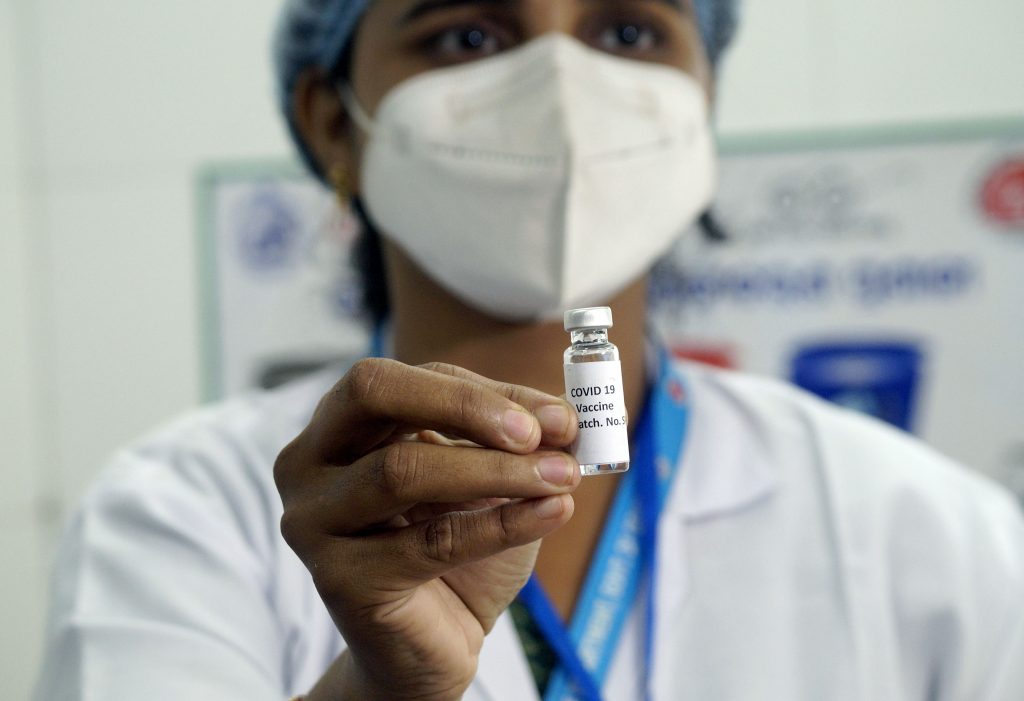
Vaccine nationalism or monopolization of vaccines by wealthy nations will be disastrous for global public health. According to reports, high-income countries currently hold a confirmed 4.1 billion doses, upper-middle-income countries have 1.1 billion doses, and lower-middle-income countries hold billion doses. This suggests that wealthy countries will seek to vaccinate their entire populations, even low-risk individuals. If this situation prevails, low-resource countries could be waiting until 2024 for COVID-19 vaccines. According to a Northeastern University report, such a scenario could cause twice as many deaths as against distributing them globally, on a priority basis.
Studies also show that vaccine hoarding is likely to prolong the COVID-19 pandemic, resulting in more economic and social damage. For instance, a recent RAND study shows that the cost to the global economy if middle and lower-income countries do not have access to vaccines is approximately $288 billion per year.
Some argue that vaccine nationalism is an exaggerated threat, predicated on an idealized view of the world. They argue that the advance purchase contracts are results of the extreme pressure that the governments are facing on multiple fronts to quickly find a vaccine. Moreover, vaccine nationalism can also emerge from genuine moral reasons, relating to nation states prioritizing the health of their citizens.
However, current trends as well as past history indicates that vaccine nationalism is an unsavory fact. Monopolizing of H1N1 vaccines by high-income countries is a case in point. In 2009, when the H1N1 virus killed as many as 284,000 people worldwide, high-income countries, including the US and the EU nations secured large advance orders for vaccines, crowding out low-income countries. Moreover, high-income countries restricted the export of vaccines by their domestic vaccine manufacturers until domestic needs had been met. As a result, even governments and international institutions which entered into advance purchase agreements, faced vaccine requisition problems.
Unlike 2009, this time around, rising geopolitical tensions between the US and China has now extended to the vaccine race as well. The Covid-19 hacking allegations that made headlines earlier illustrate how the global race to find a vaccine heightened the tensions between the big powers.9 Export bans and stockpiling of life-saving medicines such as Remdesivir and a global rush for Hydroxychloroquine (HCQ) during the peak of the pandemic are other examples of a ‘nation first’ approach that negatively impacted global public health.
While it makes sense for governments to priorities the health of their citizens, a multilateral cooperative effort to vaccinate vulnerable people globally on a priority basis, is in every nations’ self-interest. For instance, nearly 16 billion doses will be needed to vaccinate all 7.8 billion people globally. As per the Coalition for Epidemic Preparedness Innovations (CEPI) estimates, the global capacity of manufacturing COVID-19 vaccines is between two to four billion by the end of 2021. The world’s largest vaccine maker, Serum Institute in India (SII), predicts that there will not be enough doses for everyone in the world, until the end of 2024, at the earliest. In such a situation, even if high-income countries could vaccinate their entire populations, it will not end the spread of coronavirus or mitigate its socio-economic disaster.
Vaccine multilateralism can prevent the spread of the coronavirus. It would bring incentives for both the national and global economies. The immunization of vulnerable groups can avoid further loss of lives. Recent research by Gavi, the vaccine alliance, on the effects of cooperative and non-cooperative strategies of Covid-19 vaccine allocation, suggests that “if the 80 per cent efficacious vaccines were distributed equitably based on the population size of each country, 61 per cent of deaths could be prevented”. If high-income countries were allowed to stockpile vaccines, the percentage of deaths that could be averted reduces by half.
Ensuring vaccines for all will be an acid test for the international community in the fight against COVID-19, particularly if the major powers show apathy and antagonism towards multilateral institutions such as the World Health Organization (WHO). India could play a vital role in ensuring multilateral cooperation for equitable distribution of vaccines. Throughout the pandemic, India has been advocating international cooperation and policy coordination in fighting against COVID-19. As soon as the WHO declared COVID-19 as a pandemic in March 2020, India organized a virtual meeting of SAARC countries to coordinate regional preparations.
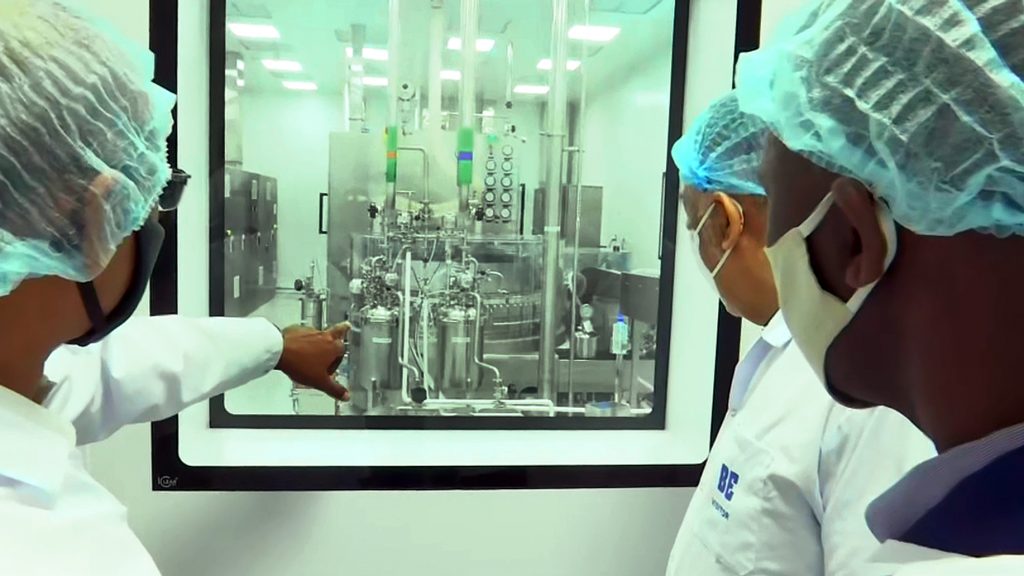
India has also actively participated in many regional and international efforts to coordinate the response to the pandemic, including at the meetings of the Indo-Pacific and G-20 countries and the BRICS Ministers’ conference. Besides, India has also co-sponsored a UN resolution that has called for fair and equitable access to essential medical supplies and future vaccines to COVID-19. In the wake of the pandemic, its efforts to export HCQ to affected countries worldwide were praised by the international community.
India is a member of the Access to COVID-19 Tools (ACT) Accelerator, a WHO collaborative effort to accelerate the development, production, and ensuring equitable access to COVID-19 tests, treatments, and vaccines. India is also part of the vaccine pillar of the ACT Accelerator, COVAX. This initiative aims to ensure rapid and equitable access to COVID-19 vaccines for all countries, regardless of income level. ACT-Accelerator targets a funding of $38 billion to achieve this goal; however, as of December 2020, it could mobilize only $15 billion.
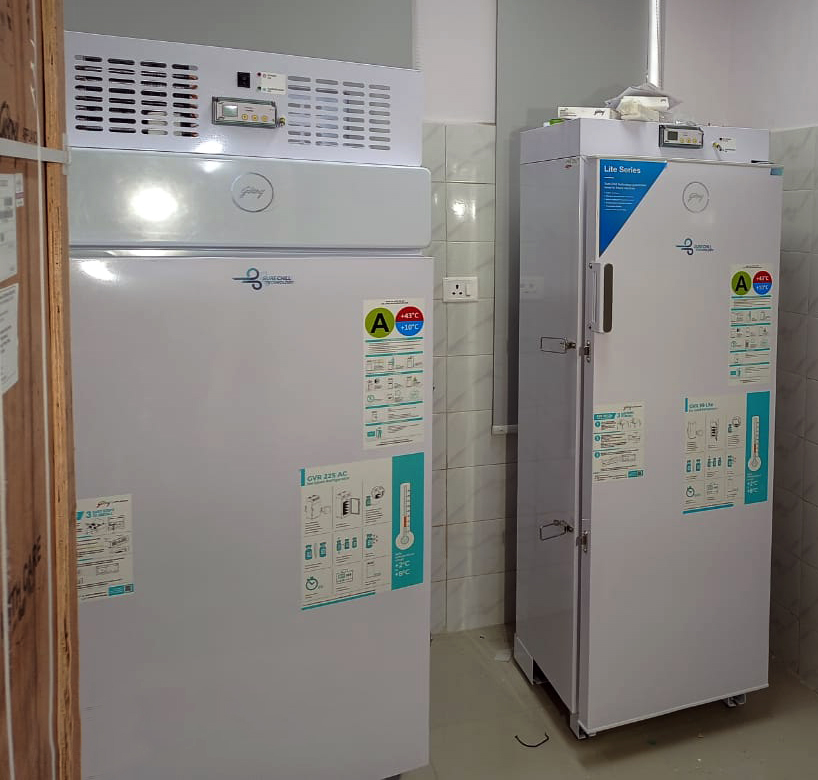
India should use its leverage as the world’s largest vaccine producer to promote international cooperation and multilateral policy coordination in the equitable distribution of COVID-19 vaccines. The collaboration between SII, Gavi and the Bill & Melinda Gates Foundation is one such move. It seeks to ensure the availability of up to 100 million doses of AstraZeneca vaccines to low- and middle-income economies at just $3 per dose. India should ensure that at least 50 per cent of doses produced in the country are given to the COVAX Facility.
India, along with South Africa, has also called for the World Trade Organization (WTO) to suspend intellectual property rights related to COVID-19 treatment to ensure equitable access to vaccines. It should also use its influence as a non-permanent member of the UN Security Council (with its two-year term beginning in January 2021) and as the WHO Executive Board’s Chair to enlighten other nations about the perils of politically motivated vaccine nationalism and the benefits of vaccine multilateralism.
Rajeesh Kumar is Associate Fellow at Manohar Parrikar Institute for Defense Studies and Analyses, New Delhi
Views expressed are of the author and do not necessarily reflect the views of the Manohar Parrikar IDSA or of the Government of India.
This article first appeared in the Comments section of the website of Manohar Parrikar Institute for Defense Studies and Analyses, New Delhi (www.idsa.in) on January 4, 2021
















